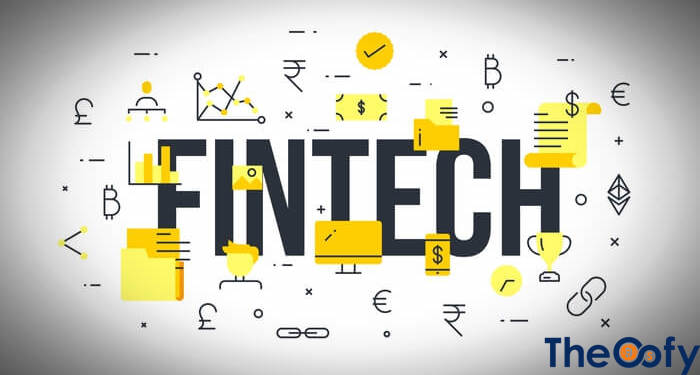Technology is a well-known source of profit for investors throughout the years, as technology is driving innovation, merging with different industries to contribute to the overall revolution and development of sectors such as robotics, AI, automotive industry, and of course, finances, which gave birth to financial technology popularly called fintech.
Fintech soon became one of the most profitable industries in the market, with the revolution that is said to be cooking up in the following period to bring more innovation to the sector of finances.
Table of Contents
The Revolution of Fintech Industry
The revolution of financial technology started out several years ago with numerous fintech startups emerging in the traditional banking industry, which started out with having these startups able to recognize weak points of traditional banking and turn these points into their own advantage.
Fintech startups were soon able to build a large user base and attract millions of users within a rather short timeframe by offering applications and services that these users found appealing due to the fact that fintech allows easier access to stock trading, lending, moving money and monetary value, as well as saving money.
Many of these startups are already counting billions of dollars in revenue, while one of the famous fintech startups, Robinhood, recorded 5 billion dollars during the course of 2018, which shows how disruptive fintech actually is.
People are nowadays relying on applications for everything they need, from shopping to ordering a ride, so it is no wonder that managing finances through apps and services offered by fintech companies are likewise appealing to these targeted audiences.
Fintech is not stopping there as many analysts are predicting that banks will soon be forced to change and modify their services and offers in order to survive the wave of fintech revolution.
What is Fintech?
The word “fintech” is simply a combination of the words “financial” and “technology”. It describes the use of technology to deliver financial services and products to consumers. This could be in the areas of banking, insurance, investing – anything that relates to finance. Although it’s a relatively new word, fintech is actually nothing new. Technology has always changed the financial industry. However the internet, combined with the widespread use of devices like smartphones and tablets, means the speed of this change has accelerated greatly in recent years.
Examples of fintech
Fintech is changing the world of finance for consumers in a myriad of ways. For example, you can now open a bank account over the internet, without physically visiting a bank. You can link the account to your smartphone and use it to monitor your transactions. You can even turn your smartphone into a “digital wallet” and use it to pay for things using money in your account.
Fintech is also rapidly changing the insurance and investment industries. Car insurance providers now sell “telematics-based” insurance where your driving is monitored using data collected via your smartphone or a “black box” fitted in your car. This data can then be used to determine how much you pay for your insurance policy. In the future, it may be possible to buy insurance on a short-term or “pay as you go” basis.
Advances in technology means consumers can also invest over the internet on an “execution only” basis without any face-to-face interaction. In time, you may be able to get automated financial advice or “robo advice” with little or no human interaction.
Potential benefits
1.Speed and convenience: Fintech products tend to be delivered online and so are easier and quicker for consumers to access.
2.Greater choice: Consumers benefit from a greater choice of products and services because they can be bought remotely, regardless of location.
3.Cheaper deals: Fintech companies may not need to invest money in a physical infrastructure like a branch network so may be able to offer cheaper deals to consumers.
4. More personalised products: Technology allows fintech companies to collect and store more information on customers so they may be able to offer consumers more personalised products or services.
Potential risks
Unclear rights: Fintech companies may be new to the financial industry and use different business models to traditional providers. This can make it harder to ascertain which ones are regulated, and what your rights are if something goes wrong.
Making a rash decision: Financial products that are bought instantly online without ever meeting anyone face-to-face may make it easier for consumers to make quick, uninformed decisions.
Technology-based risks: Financial products bought online may leave you more exposed to technology-based risks. For example, your personal data could be mis-used or you could fall victim to cybercrime.
Financial exclusion: While technology increases choice and access for most consumers, it can exclude those who don’t know how to use the internet or devices like computers, smartphones and tablets.
Find all Top Fintech Companies, Fintech Tampa, Local Finance Company, Financial Institutions News in TheOofy.com.




